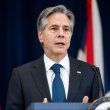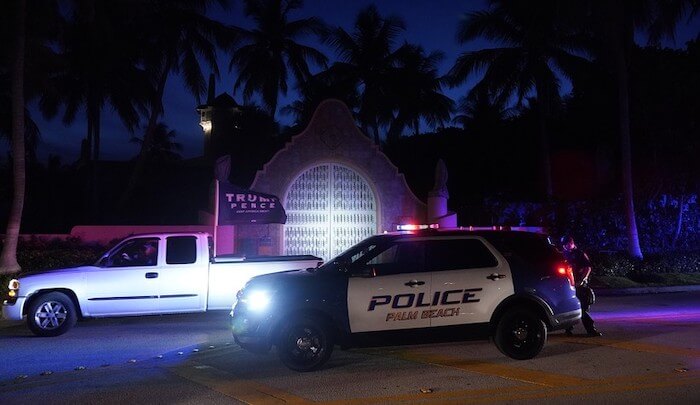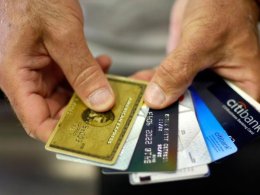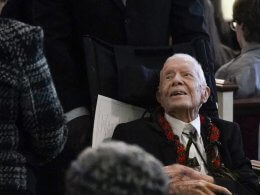Three passports, Privileged documents. A file on a presidential pardon. As evidence surfaces about what FBI agents seized during the raid of former President Donald Trump's estate in Mar-a-Lago, new questions about the real focus of the investigation and new avenues for legal challenges are bubbling to the surface.
The Justice Department informed Trump's team Monday that agents gathered the former president's passports and are obligated to return them, and that officials are also reviewing seized materials that may be covered by various privileges, multiple sources told Just the News.
DOJ has designated a process for separating materials that could be covered by executive privilege or attorney client privilege and hopes to return such memos to Trump within a couple of weeks, the sources said.
"Occasionally a warrant collection can grab things outside the scope authorized by the court and the department is now following a procedure we would for any person affected this way," one official said Monday night.
Kevin Brock, who served as FBI assistant director for intelligence under former Director Robert Mueller, said the new revelations raise legitimate questions about over-collection of evidence that could lead to significant legal challenges. Trump lawyers are weighing whether to ask a federal court to name a special master to review sensitive documents and protect the president's 4th amendment, executive and attorney-client privileges.
"Trump's attorneys could have a runway to argue the scope of the search is overly broad," Brock told Just the News. "Search warrants normally require a level of specificity that seems to be missing in this warrant. Specificity is important in order to protect 4th Amendment rights from exuberant government overreach designed to find whatever they can."
Brock said he was particularly troubled FBI agents felt comfortable seizing a record of Trump's pardon of longtime friend Roger Stone, which the bureau disclosed in court documents. He said it suggested the raid may have something more to do with the Jan. 6 Capitol riot probe, where Stone has been a figure of interest, than an investigation into classified records.
"The president’s authority to grant pardon and clemency is clear but what isn’t clear is why the retention of a clemency order would be considered illegal," Brock said "The fact that it is highlighted on the receipt list, and that it has to do with Stone, will likely provide ammunition to Republicans who are asserting that the search was less about a document dispute and more about a hunt for derogatory Jan. 6 information."
The revelations came on a day when DOJ also opposed requests to unseal the FBI affidavit explaining the motive for the search, arguing such a move could imperil this and other investigations.
Judicial Watch President Tom Fitton, whose conservative watchdog regularly sues the government to release documents and is seeking to compel release of documents in the Trump search, said the government's first court filings appear to describe an overly broad search that went far beyond classified records.
"They were engaged in a fishing expedition, and the warrant itself wasn’t about classified information, though it mentioned it," Fitton told Just the News. "It talked about all sort of other documents. It basically gave the FBI carte blanche to anything they wanted from the Trump home.
"And the fact that a judge signed off on it is very troubling," he added.
Brock agreed that the search warrant included a "stunningly broad scope" of targeted evidence and warned it could have a chilling effect on past and future presidents.
"This apparently makes a novel legal assertion that any presidential record kept by a former president is against the law," he explained. "You have to wonder what the other living former presidents think about that. They have the right and, apparently, clear desire to remain silent.”










